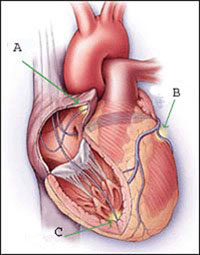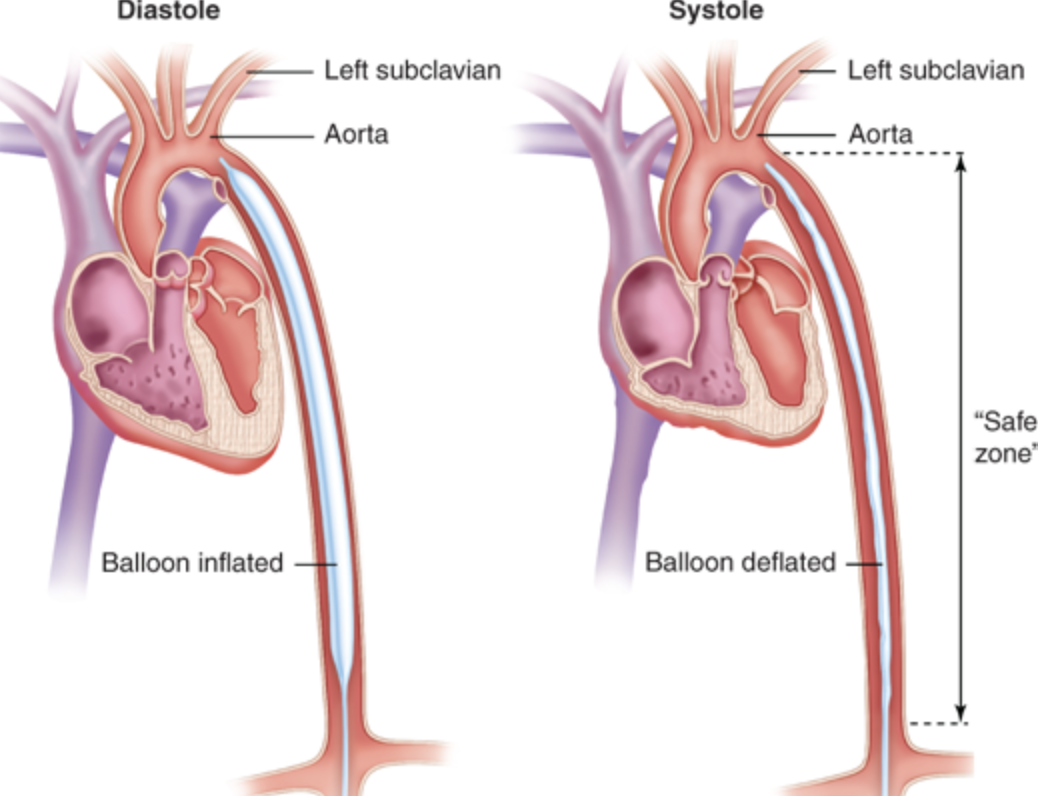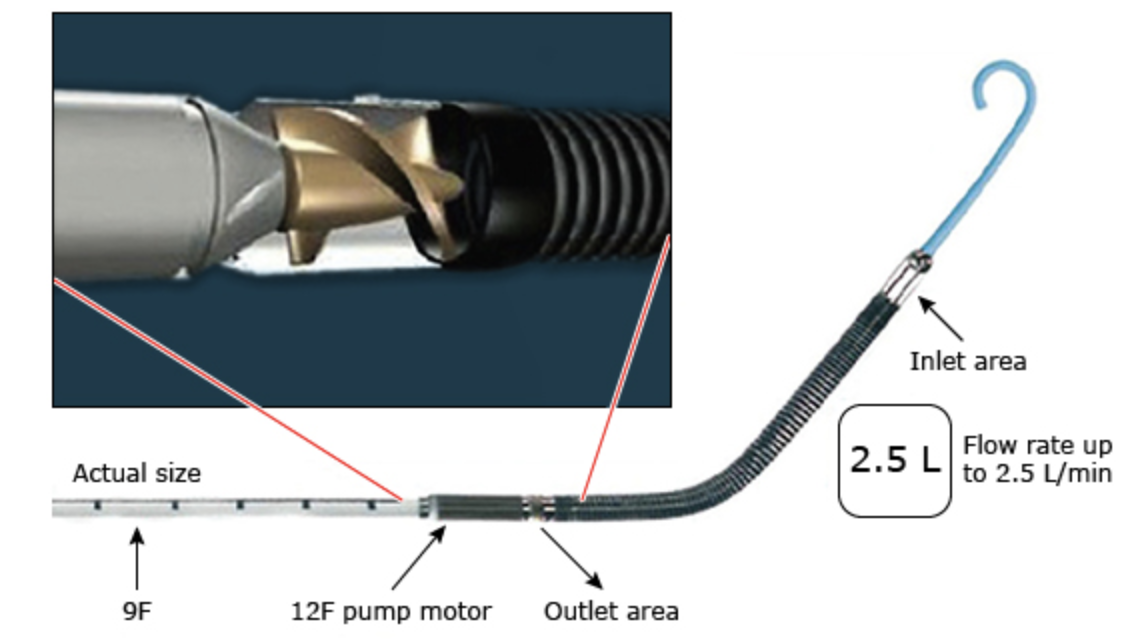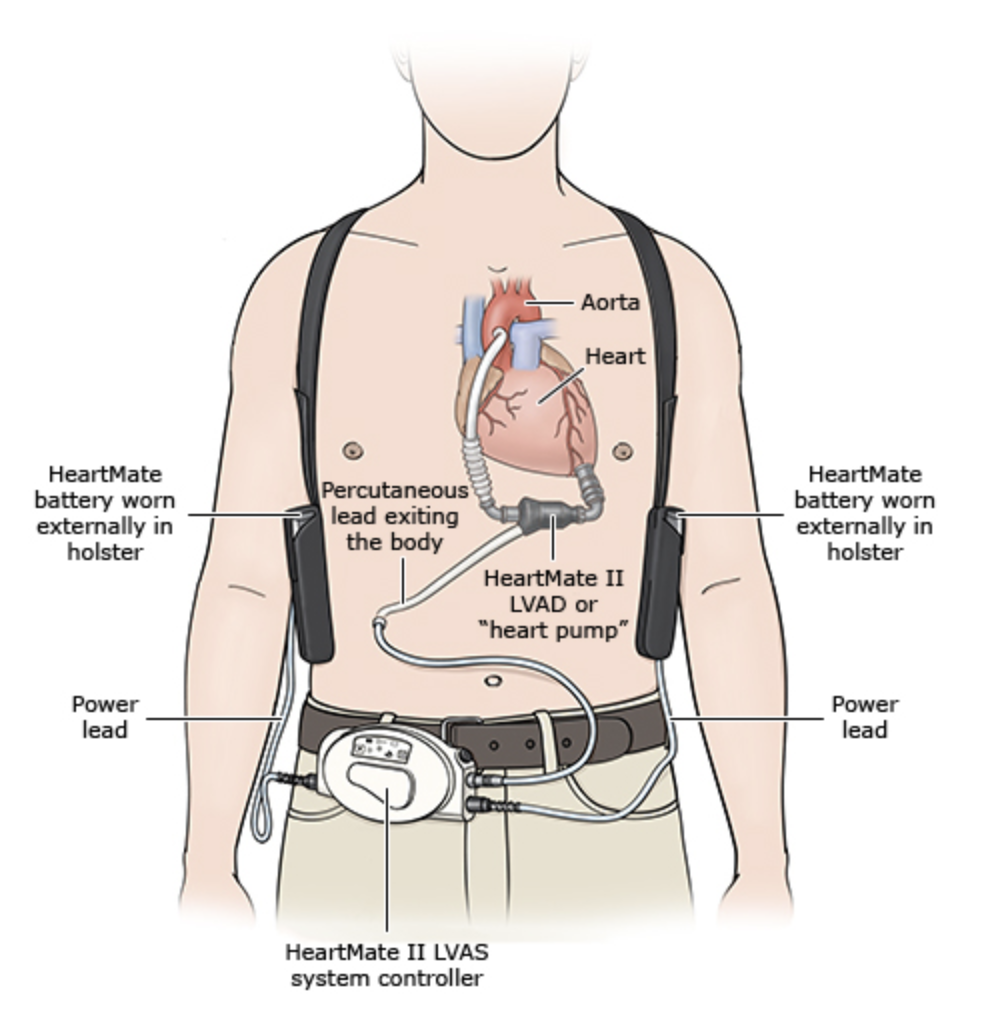Heart Failure Treatment
Contents
Treatment
What You Can Do
Limit Salt
Limiting sodium, or salt, to 2,000 mg a day is an important part of maintaining a healthy heart and treating heart failure. With a low EF, your kidneys get less blood than they should. This make them unable to rid the body of excess water and salt. So eating too much salt can lead to even more fluid buildup. It also increases your blood pressure, which makes your already weakened heart work harder.
Manage Your Fluids
With a low EF, blood can back up in your lungs and force fluid into the breathing spaces. The fluid then builds up, making it difficult to breathe. It can also cause weight gain and swelling. Your healthcare provider will tell you the amount of fluids you should have daily depending on your EF.
Exercise Regularly
Aerobic exercise can help strengthen your heart and improve how well it pumps blood to the rest of the body. All it takes is 30 minutes a day of activity, even if that activity is walking. Just be sure to talk to your healthcare provider about an exercise program that is right for you.
Drug treatment includes:
- Diuretics to help eliminate excess fluids from the body. They cause the kidneys to make more urine and increase the body’s excretion of sodium, chloride, and potassium.
- Angiotensin Converting Enzyme (ACE) Inhibitors block the formation of Angiotensin II, a substance that causes constriction of blood vessels. In this way, ACE inhibitors reduce the strain on the heart. They relax smaller arteries and lower blood pressure. For this reason they can cause dizziness.
- Vasodilators such as Hydralazine, Isordil, Nitroglycerin
- Beta Blockers. Studies with the beta-blocker Carvedilol have found improved symptoms and survival in some patients. Angiotensin II Receptor Blockers (ARBs). ARBs are generally used as an alternate therapy to ACE inhibitors when ACE inhibitors cause side effects
- Digitalis. Digitalis increases the strength of the heart’s contractions as well as reducing resistance in the blood vessels of the body. It also decreases heart rate in heart failure patients and may decrease edema
Surgical Treatments
- Treatment for coronary artery disease may include stenting or bypass surgery
- A leaky or tight heart valve can often be repaired or replaced
- Bi ventricular pacing (cardiac resynchronization therapy).
- In some cases, the hearts will incur damage to the cells that carry signals needed for proper contraction. When this causes the signals to travel out of sync, the pumping becomes less forceful and efficient. This knowledge has spurred the development of devices for “biventricular pacing.”Since only 15 to 25% of heart failure patients will have the specific conditions that would warrant implantation of a biventricular pacer, this resynchronization device will not replace most standard heart failure treatments and medications:

- The Automatic Implantable Cardioverter-Defibrillator (AICD) is a device intended to convert life threatening rhythms that may cause sudden cardiac death, to a sinus (normal) rhythm:

- Mechanical Circulatory Support
- Short Term:
- Intra Aortic Ballon Pump
- Short Term:

The Intra Aortic Balloon Pump (IABP) is the most commonly used mechanical support device
- Left ventricular Assist Device (LVAD)

The Impella LVAD from ABIOMED
- Long term as a Bridge to Transplantation or as “Destination Therapy” or in some situations as “Bridge to Recovery”.
- Left ventricular Assist Devices (LVADs) can be used in patients with advanced heart failure (HF) who are or may be candidates for heart transplantation but cannot wait any longer.
 The Heartmate LVAD from Thoratec
The Heartmate LVAD from Thoratec
- Heart transplantation

Comments 4
I have a pacemaker installed and I am 70 years old and want to if I can do weights. It’s been three months of my pacemaker installed.
i think in your images you have systolic and diastolic labels reversed. Diastolic typically preserved EF and thick wall whereas systolic is dilated heart with reduced ef.
Author
I am afraid you are wrong!
Dr T
Pingback: Dick Cheney and modern heart failure treatment - Cardiac Health